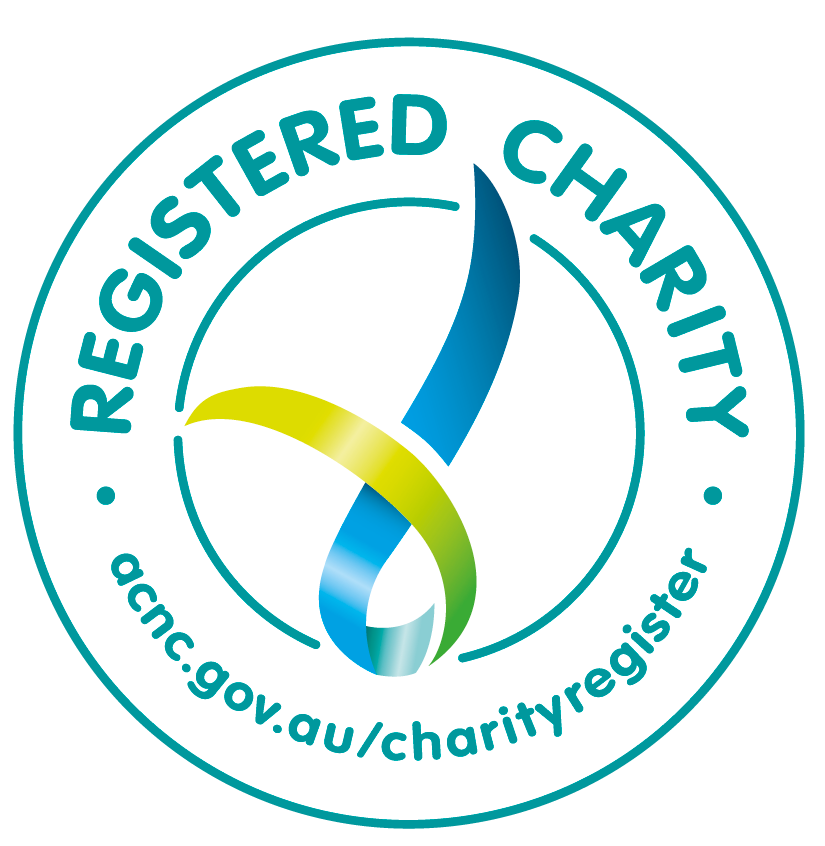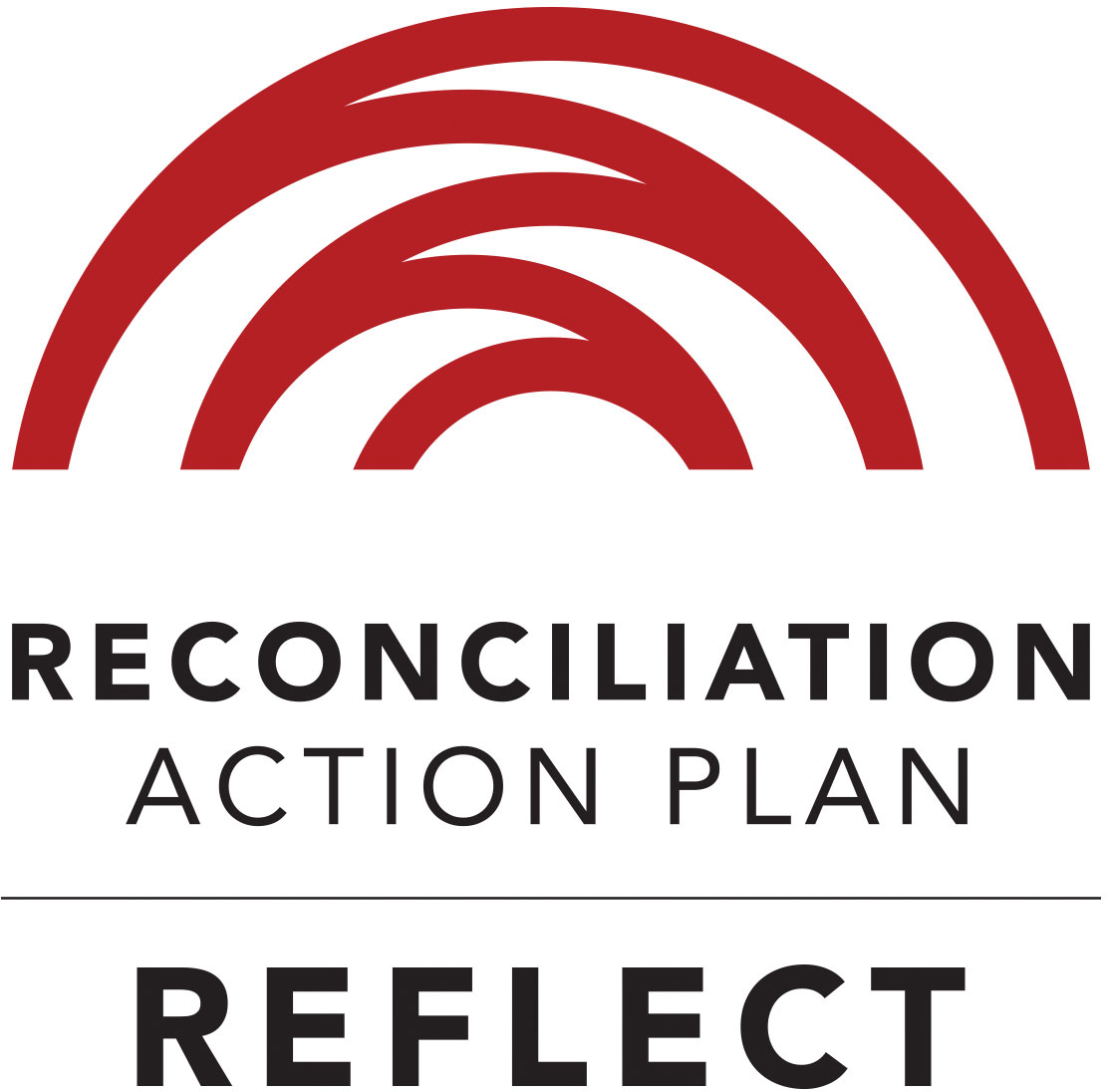More pages in this section
Psychosocial recovery coaching: getting Renee closer to her goals
A psychosocial disability can impact that way a person thinks, feels or interacts with others and can prevent them from fully participating in life but thanks to a tailored NDIS service, coaching is available to help people manage the complexities of day-to-day living.
Psychosocial recovery coaches support individuals with psychosocial disability to recognise, reflect and take responsibility of their own recovery.
They work collaboratively with individuals, their families, carers and other services to design and implement a recovery plan and help with the coordination of other NDIS supports.
According to selectability psychosocial recovery coach Margaret, the term ‘psychosocial disability’ can be confusing but basically describes the types of disabilities that can come about as a result of mental illness.
“Not everyone with a mental health issue will have a psychosocial disability, but for people who do, it can make life difficult and cause social disadvantage” said Margaret.
“Having coaching support available specifically for people who live with mental illness means we are able to make life easier to navigate and help consumers understand and access services that will get them closer to their goals..”
It differs from support coordination in that recovery coaches offer a more hands-on approach, using their specific knowledge of mental health services, to help build confidence and resilience so individuals can better cope with the demands of daily life.
A support coordinator’s main focus is capacity building and working with an individual to get the most out of an NDIS plan. Individuals do not need a specific diagnosis to have support coordination as part of their NDIS plan.
Margaret has been providing psychosocial recovery coaching to consumer Renee for the last 18 months and in that time has seen her overcome barriers, face challenges and get closer to her goals.
“Renee has made so much improvement in her life over the last 18 months. She has now a job, her learners’ permit, and is making arrangements to move out of home and take her first steps towards independent living,” said Margaret.
Margaret works with Renee to link her to available services and help her better understand the NDIS so that she is aware of the options to support her recovery.
Renee said that Margaret worked with her to help her identify her strengths, build resilience and understand key processes and NDIS reporting.
“Margaret sorts all the figures for me, talks to people on my behalf, and helps me organise all my appointments which I am so thankful for,” said Renee.
Renee now has access to a psychologist, physiotherapist and an occupational therapist who is supporting her to prepare for her transition when she moves out of home early next year.
“Margaret is always smiling, she always listens to me no matter how hard things are, she keeps fighting for me and persisting until we get what I need,” said Renee.
As part of her goal of living more independently, Renee is looking forward to going for her P plates later in the year.
You can find more information on psychosocial recovery coaching HERE
USEFUL LINKS

selectability acknowledges the Traditional Owners of the land on which we provide services and pay our respects to Elders past, present and emerging. We acknowledge those with lived experience and those who support and partner with us to improve mental wellbeing and prevent suicide across regional Queensland.

